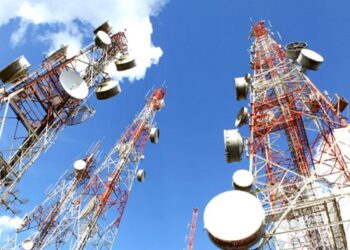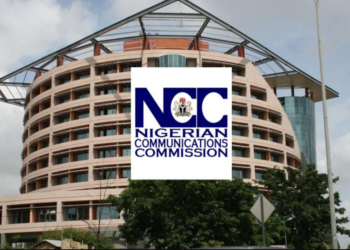Nigerian telecom companies do not have the right to impose charges on bank customers for using the USSD channel for banking transactions. This is according to the Nigerian Communications Commission (NCC) which released a statement prohibiting attempts by some telcos to start charging Nigerians for the service.
This follows the backlash that greeted the move by the likes of MTN Nigeria to start charging some money every time bank customers transfer money or pay bills using USSD codes.
[READ MORE: MTN’s USSD: Banks proposed end-user billing for depositors – Telcos]

Here’s the reason: According to the statement, which was signed by the NCC’s Director of Public Affairs, Henry Nkemadu, banks already collect service charge from their customers who use USSD codes for quick banking transactions. Therefore, if telcos should impose their own charges for the same service, it would be tantamount to double billing.
“Consumers already pay service charge to Financial Service Providers for financial transactions carried out through USSD Channels. It is therefore expected that this charge should factor in the Cost of Use of the Telecom Operators’ critical network resources.
“Therefore, Direct End User Billing by network operators for this service would result in double charges for a single transaction. This will inhibit the Federal Government’s financial inclusion target of 80% by 2020.”
What does this mean? First, Nigerians can now be rest assured that they will not be double-charged by both banks and telcos for USSD banking transactions. The USSD channel has become very popular among Nigerians due to its effectiveness. It is also relatively easy to use by non-literates, even as it facilitates the CBN’s financial inclusion bid.
[READ ALSO: Banks are the biggest beneficiaries of USSD charges – Telcos reply Banks CEOs]
In the meantime, however, there are still some questions to be answered: what would telcos really benefit from rendering the USSD service? Also, can telcos start receiving from the banks part of the money they charge their customers for this service?
A source, who preferred to remain anonymous but is an insider in one of the telcos, informed us that “the banks will continue to bear the costs of providing the service.” The source did not clarify further what exactly this means.
To view the press release by the NCC, click here.






















